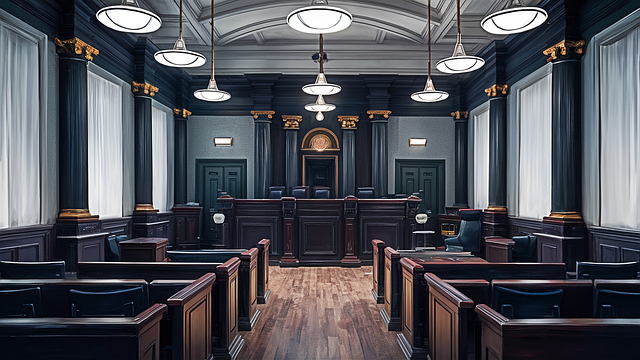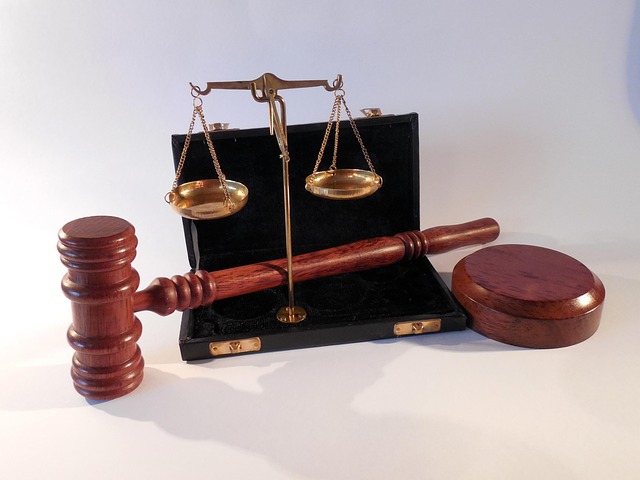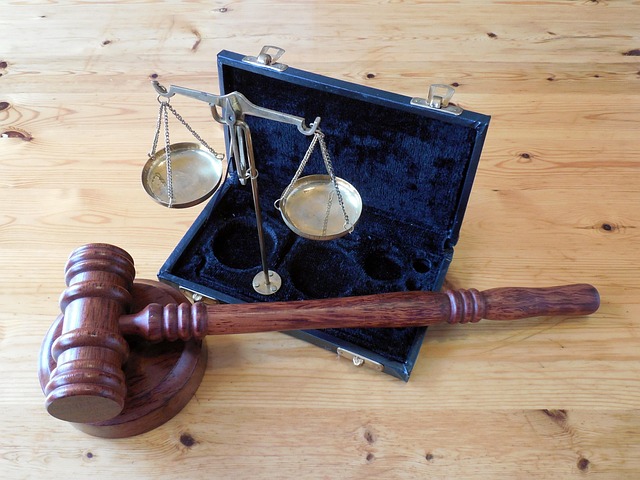Whistleblower Protection Laws (WPLs) are vital for protecting individuals who expose illegal activities within organizations, with significant impacts across industries, including real estate. These laws encourage transparency and accountability by shielding whistleblowers from retaliation. Real estate litigation services in whistleblower cases can be costly due to complex transactions, high stakes, and specialized knowledge required to tackle white-collar and economic crimes. Verdicts not only compensate individuals but also set precedents for improved business practices. Legal fees vary based on case complexity, jurisdiction, potential damages, and dispute level, charged hourly, as a fixed retainer, or with out-of-pocket expenses. Engaging experienced legal counsel specialized in real estate litigation is crucial for navigating intricate legal terrains and achieving positive outcomes while managing the Cost of Real Estate Litigation Services.
“Whistleblower protection lawsuits are a critical aspect of ensuring accountability and transparency within organizations. This article delves into the intricate world of legal protections, focusing on how whistleblower laws safeguard individuals who expose corporate misconduct. We explore the significant role of real estate in these cases, considering the unique challenges and implications for litigation services. Furthermore, we guide readers through managing legal costs, offering insights into navigating the financial aspects of whistleblower protection suits, including an analysis of the cost of real estate litigation services.”
- Understanding Whistleblower Protection Laws and Their Impact
- The Role of Real Estate in Whistleblower Cases
- Navigating Legal Costs: What to Expect in Litigation Services
- Strategies for Effective Whistleblower Protection Suit Management
Understanding Whistleblower Protection Laws and Their Impact

Whistleblower Protection Laws (WPLs) are designed to safeguard individuals who expose illegal or unethical activities within organizations from potential retaliation. These laws have a profound impact on various industries, including real estate. When a whistleblower takes action against their employer for violations of these laws, it often results in significant consequences for the accused party. The cost of real estate litigation services can vary widely depending on the complexity of the case and the jurisdiction. Across the country, jury trials in WPL cases have led to substantial settlements or complete dismissal of all charges, setting precedents that shape future legal battles.
WPLs encourage individuals to speak up against corporate misconduct without fear of adverse employment actions. This not only fosters a culture of transparency but also holds organizations accountable for their actions. The impact extends beyond individual cases; successful whistleblower lawsuits can prompt systemic changes and contribute to the overall improvement of business practices, ensuring compliance with ethical standards.
The Role of Real Estate in Whistleblower Cases

In whistleblower cases, real estate often plays a significant role due to the high value and complexity of transactions. When whistleblowers come forward with evidence of fraud or misconduct within companies involved in property dealings, the stakes can be immense. Legal battles often ensue, requiring specialized knowledge and expertise from both plaintiffs and defendants. The cost of real estate litigation services can be substantial, reflecting the intricate nature of these cases.
Whistleblower protection lawsuits involving real estate may center around white-collar and economic crimes, where individuals or entities exploit their positions to gain illicit advantages. These disputes frequently make their way to jury trials, demanding rigorous legal strategies. A winning challenging defense verdict in such cases not only vindicates the accused but also underscores the importance of upholding ethical standards within the industry, setting a precedent for future endeavors.
Navigating Legal Costs: What to Expect in Litigation Services

Navigating legal costs when pursuing or facing whistleblower protection lawsuits can be a complex and daunting task. The financial implications are significant, as these cases often involve substantial fees for legal services, expert witnesses, and other expenses related to investigation and discovery. Understanding the cost structure is essential for both plaintiffs seeking justice and defendants aiming to protect their reputations and interests.
Whistleblower protection litigation can range from moderately priced to extraordinarily expensive, depending on several factors. These include the complexity of the case, jurisdiction, potential damages, and the level of dispute. Legal fees may be charged hourly or as a fixed retainer, with additional costs for out-of-pocket expenses like court filings, depositions, and travel. For individuals or organizations facing charges related to white-collar and economic crimes, building a solid legal defense often requires substantial financial investment. However, an unprecedented track record of success in these cases can mitigate the burden, ensuring that clients receive a complete dismissal of all charges.
Strategies for Effective Whistleblower Protection Suit Management

Managing a whistleblower protection lawsuit requires strategic planning to navigate complex legal landscapes and ensure fair outcomes for all parties involved. An effective approach involves several key strategies. Firstly, engaging experienced legal counsel specialised in real estate litigation is paramount. These attorneys can provide invaluable insights into applicable laws, regulatory frameworks, and case precedents specific to the jurisdiction. They help construct robust legal arguments grounded in a thorough understanding of the facts and circumstances surrounding the whistleblower’s claims.
Moreover, efficient case management involves early identification of key issues and potential hurdles. This includes assessing the cost of real estate litigation services, evaluating evidence, and determining the best course of action—whether through settlement negotiations or preparing for jury trials. An unprecedented track record in handling white-collar and economic crimes cases can be a significant asset, as it demonstrates expertise in securing positive outcomes for whistleblowers while ensuring fair treatment for defendants.
Whistleblower protection lawsuits play a pivotal role in upholding justice and transparency, especially within complex sectors like real estate. By understanding the legal framework and employing strategic management techniques, individuals can navigate these cases effectively. The cost of real estate litigation services should not deter potential whistleblowers; instead, it highlights the importance of professional guidance to ensure fair outcomes. Armed with knowledge and support, folks can expose wrongdoing, foster a culture of integrity, and revolutionise their respective fields.






